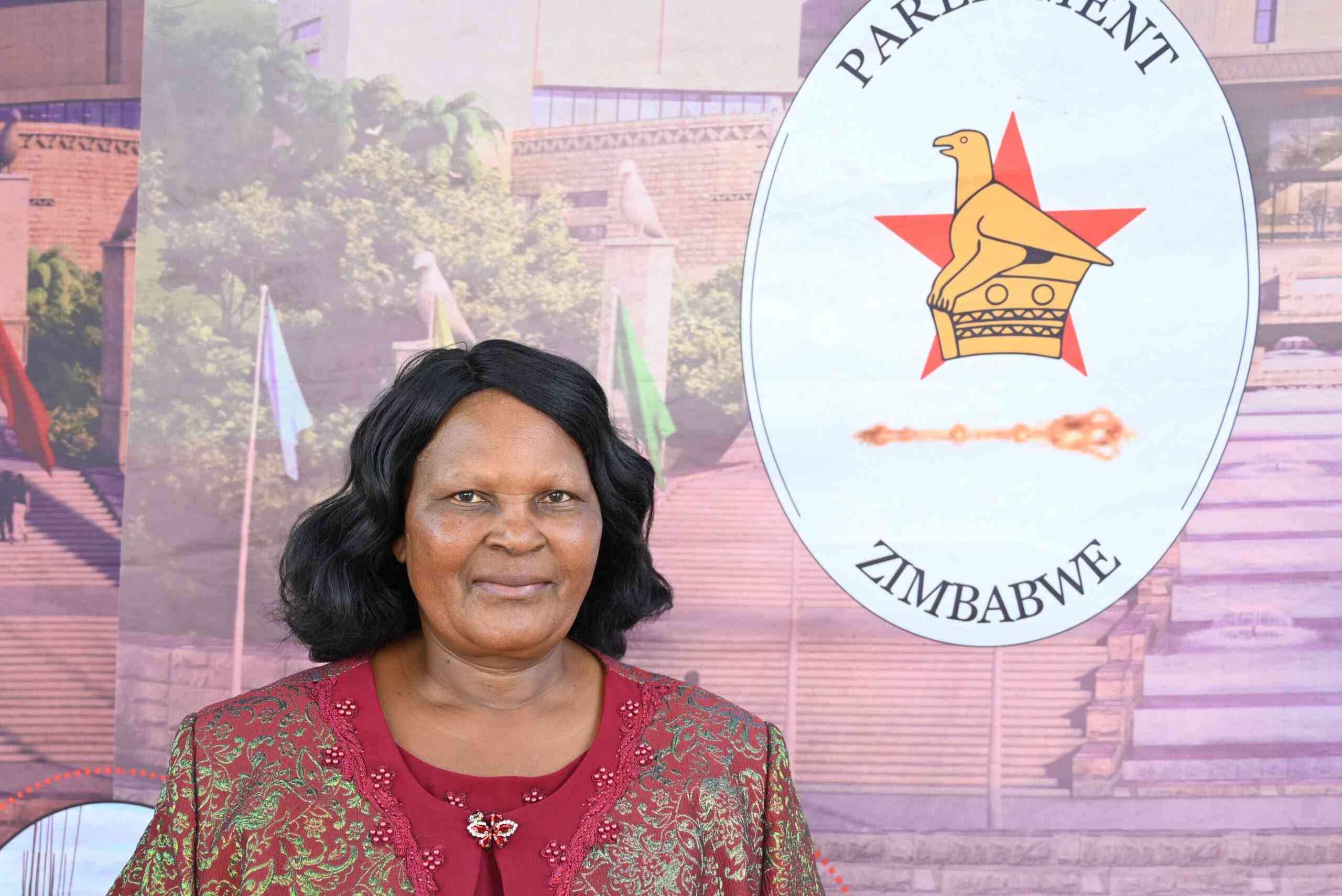
MWENEZI West legislator Prisclla Moyo has called upon the government to come up with stiffer policies to protect the rights of widows during inheritance of properties after the death of their spouses.
Moyo made the remarks during a Parliament debate when she moved a motion this week urging the government to come up with strict policies in order to protect the rights of widows when inheriting properties and assets that would be left behind by their late husbands.
The motion was seconded and agreed upon and is now set to be debated further on Tuesday.
She expressed concern that there are inherent difficulties that widows have to grapple with in the administration of the deceased estates of their loved ones.
“[We are] also concerned that these overwhelming challenges come at a time when widows are still mourning their departed spouses, mindful of the complex legal procedures that come at colossal costs to the widows, particularly when dealing with property disputes, which are usually fuelled by other members of the families of the deceased and cultural practices in patriarchal societies,” Moyo said.
She further stated that most widows are extremely vulnerable as they do not fully understand their legal rights and procedures, which are cumbersome when dealing with the administration of deceased’s estates.
“Therefore, this House urges the government to come up with strict policies in order to protect the rights of widows to inherit properties and assets that would be left behind by their late husbands,” she said before calling for an urgent need for the House to urgently considers the plight of widows, particularly those in rural areas.
“The death of a spouse should never mark the beginning of destitution for a widow. Yet in Zimbabwe, for too many rural widows, it does, despite constitutional guarantees of equality and non-discrimination.
- ‘Make stiffer policies to protect widows rights’
Keep Reading
“Thousands of women are routinely stripped of their houses, land, livestock and other possessions upon the death of their husbands.
“This injustice is often perpetrated by in-laws, enabled by weak enforcement mechanisms and compounded by the lack of formal marriage registration and limited legal literacy among women.”
According to the Human Rights Watch, many widows, especially those in unregistered customary unions, are unable to prove their marriage and thus excluded from inheritance claims.
Moyo alluded to the fact that Zimbabwe has made considerable strides in enabling gender equality in the legal framework, where most notably through the 2013 Constitution, which explicitly prohibits discrimination on the basis of sex and affirms the equal protection and benefits of the law for all citizens.
“Sections such as 3(g), 17 and 56(1) enshrine gender balance as a national objective and elevate equality before the law to a constitutional guarantee.
“These provisions were a significant departure from the previous Lancaster House Constitution, which allowed discriminatory practices in areas governed by personal law, including inheritance.
“For widows, this constitutional shift offered a beacon of hope. It had that foundation for challenging patriarchal customs that had long denied women the right to inherit property, especially under the customary law.
“In theory, the Constitution now overrides any law, practice or custom that contradicts its principles, meaning widows should be protected from dispossession and marginalisation.”
She highlighted the need to consider the plight of widows, saying they remain in a “deeply troubling” situation.
Moyo asserted that many still face exclusion due to unregistered marriages, lack of legal literacy and persistence of cultural norms that prioritise male heirs.
“Despite the progressive legal architecture, enforcement remains weak, and widows continue to be sidelined in State administration, revealing a gap between constitutional promise and lived reality,” she said.
“In addition, the administration of Estates Amendment Act No. 6 of 1997 was a transformative piece of legislation in Zimbabwe designed to correct longstanding injustices in State administration under customary law.
“It aimed to modernise succession practices, safeguard the rights of surviving spouses and children, especially women and dismantle the male primogeniture system that privileged the eldest son as the sole heir.”
Moyo mentioned that key reforms included granting widows the right to inherit immovable property, recognising polygamous marriages for equitable distribution and redefining the role of customary heir to symbolise inheritance rather than full control of the estate.
“The Act allowed women and girls to inherit property, challenging entrained patriarchal norms and aligning succession law with constitutional values of equality and international human rights standards, yet despite these progressive strides, the dispossession of widows remains alarmingly rampant in practice.”










